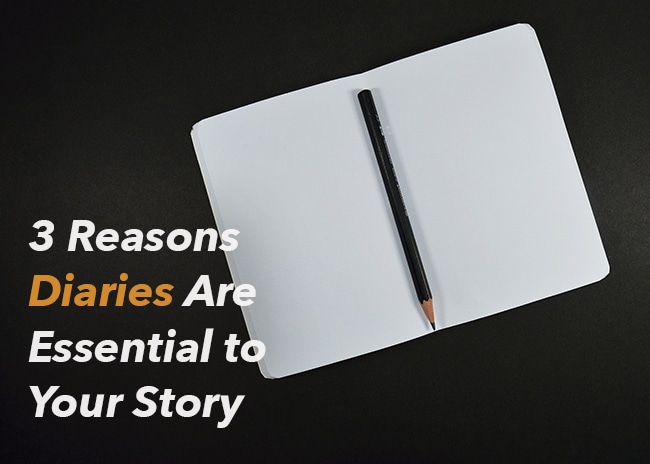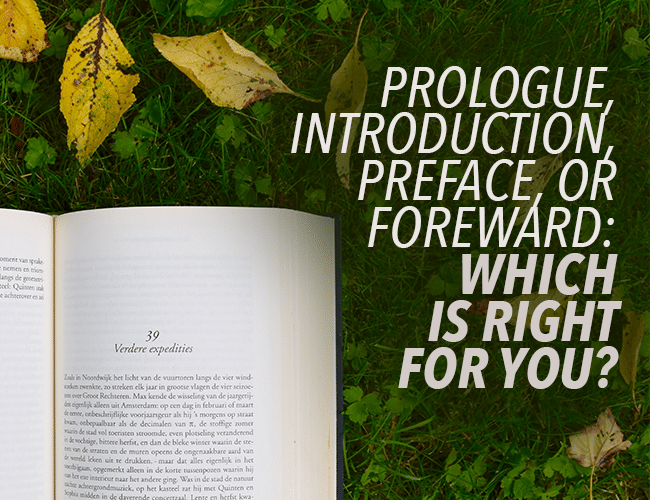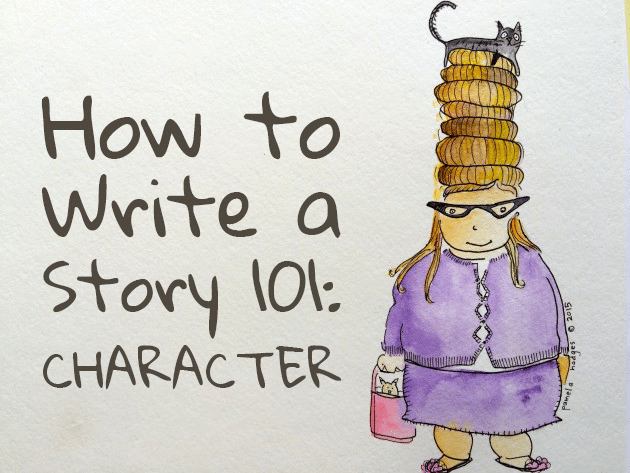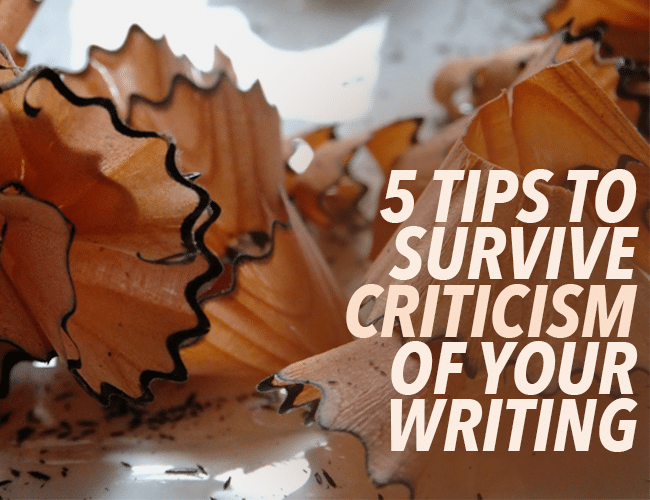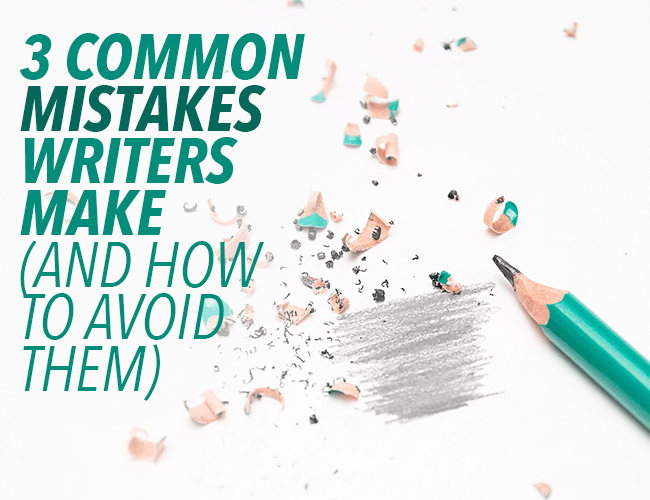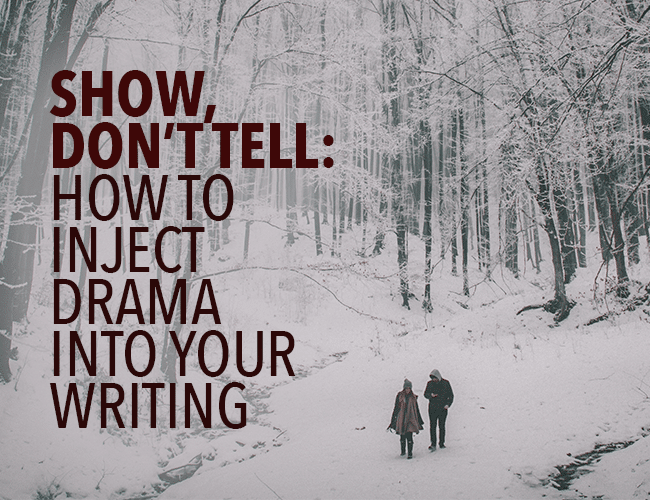When I was in high school, a drama teacher that I had my sophomore year made everyone in my class keep a journal. He kept them in his office, but never read them, and we would write every morning we had class. Some of us took the exercise more seriously than others (there was a minimum three line requirement), but after that year, he gave us the notebooks to keep. I had enjoyed journaling so much that I continued.
It was a great way for me to get my thoughts recorded, although it wasn’t the prettiest writing I’ve ever done. If you’re looking for an alternative way to tell a story, there are a couple reasons to try a diary or epistolary format.
